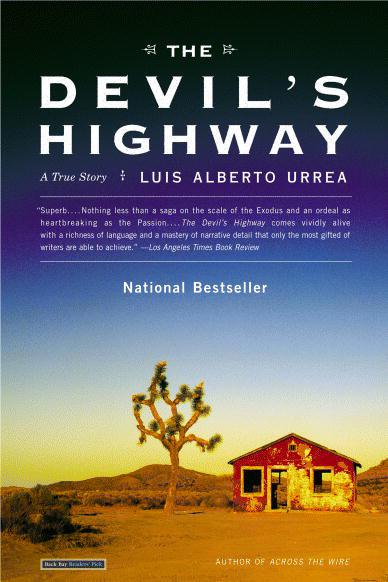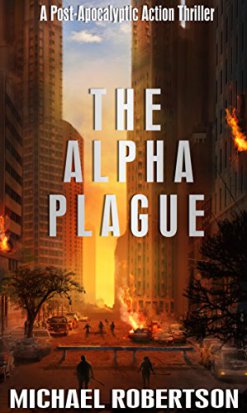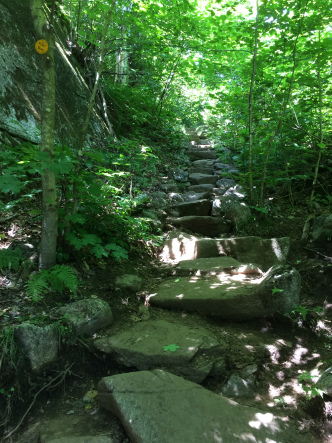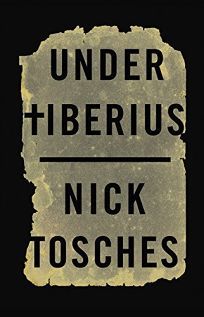
The Devil’s Highway
by Luis Alberto Urrea
In May, 2001, 26 men tried to cross the border from Mexico into the United States. Three of them were paid guides – coyotes; the others were poor workers, mostly from the southern part of Mexico, all looking for work, hoping to make some money. They tried to walk through some of the ugliest, cruelest, deadliest desert in the world.
Twelve of them survived.
This was a rough book to read. Urrea does an incredible job of showing these people for who they were; even the coyotes, who weren’t bad people – they weren’t the heads of the ring, just flunkies; the one who led the trip, who took the wrong turn and got them lost, was a 19-year-old kid who couldn’t make enough money working in a factory that made roofing tiles, so he took on this job, instead. The men who paid for the trip were husbands and fathers; none of them wanted to emigrate, just to get a job, earn some money, and pay for something back home. Mostly they wanted to buy or build a better house for their wives and sweethearts and children and mothers. Urrea explains all of it: how the men (Plenty of these walking trips through the desert include women and children, but this particular group happened to be all men, ranging in age from 16 to 56) got approached by a friendly coyote, a fixer, someone who made all the arrangements, who talked to the poor coffee farmers, the broke factory workers, about how much money they could make in the North. Urrea talks about how Mexico, unlike the US, stretches now east-west, but north-south; El Norte is to the poor of Mexico’s southern states what the western frontier was to Huckleberry Finn and the 49ers: opportunity. But this opportunity costs money – an average of $1700 per person, not counting expenses on the way; how are these dirt-poor men supposed to pay for that? Easy, says the fixer; my boss, the head of the ring, can guarantee a loan to cover the whole amount. You can pay it off out of all that money you’ll make working in the citrus fields of Florida, or the slaughterhouses of Oklahoma. Only 15% interest. No need for collateral: miss a payment – we kill your family.
So these men took a chance. And then their lead guide, the one who really knew the route, took a powder: he vanished the day before the group was supposed to board their final bus, for the last leg before their long walk. No problem: the ring sent two more guides, to back up the second-in-command, the 19-year-old.
And then they took a wrong turn.
They spent four days in the Arizona desert, in an area known as the Devil’s Highway. Complete desolation, stuck between a national park, a reservation, and an enormous military base. Sand, rocks, cacti, unclimbable mountains; nothing else. Not a hundred miles from where I’m sitting, right now, in air-conditioned comfort, which made reading this book a bizarre experience: as Urrea went on and on about the harsh conditions, the terrors of the cacti, the rough, jagged, broken terrain, the unbelievable heat (There was a heat wave when those men went: it hit 108 degrees one day. At night it never got below 85.), I couldn’t fathom that the place where I live could be so deadly. I mean, sure, it’s too hot in the summertime, but – deadly? The book describes others who got stuck out in the desert and succumbed to the heat, tourists and daytrippers; they died in mere hours.
And I walk my dog in that heat. I mean, early in the morning, of course – but still, in July, it’s probably 80-90 when we walk. Thinking about people dying in those conditions was bizarre. Though not as bizarre, I’m sure, as actually going through it.
Urrea brings it to life. He talks extensively about what the heat of the desert does to you, which was a particularly brutal chapter to read, coming as it did in between the stories of the men walking, and then the description of those same men dying. He talks almost as much about the Border Patrol, who they are and what they do; though at first Urrea is not terribly flattering – just honest – by the end, when the story becomes just a rescue attempt, those BP agents become heroes. They saved lives by risking their own, and it was quite inspiring to read.
It’s a good book. The writing is remarkable, and it gives a far better and clearer picture of immigration and the border than anything else I’ve encountered. Highly recommended, even if you don’t live in the desert.
Advertisements Share this:




